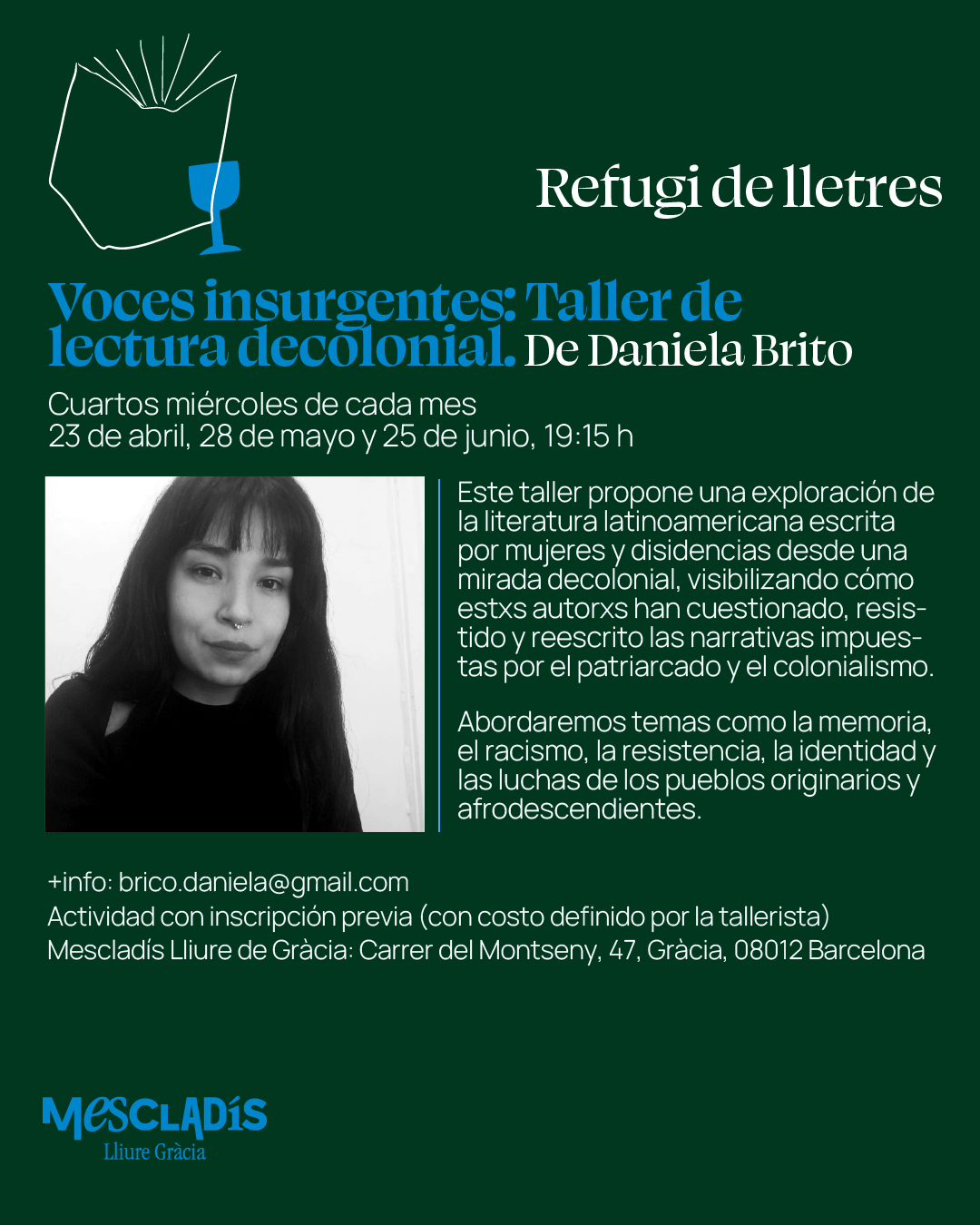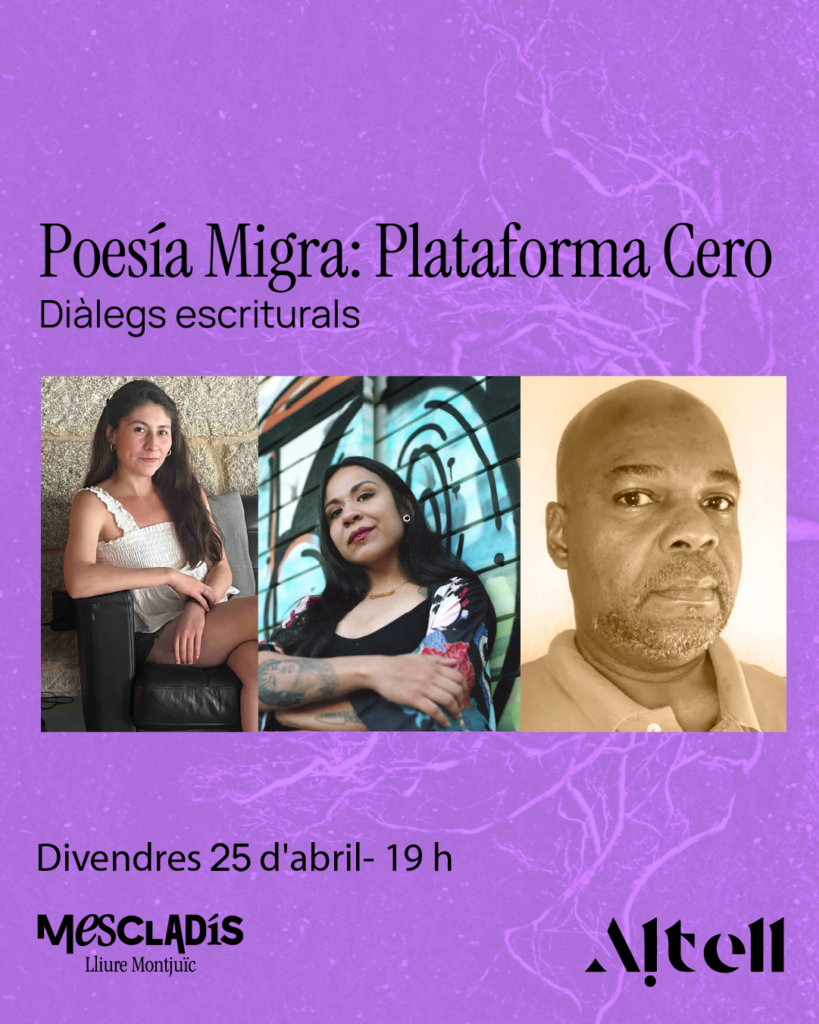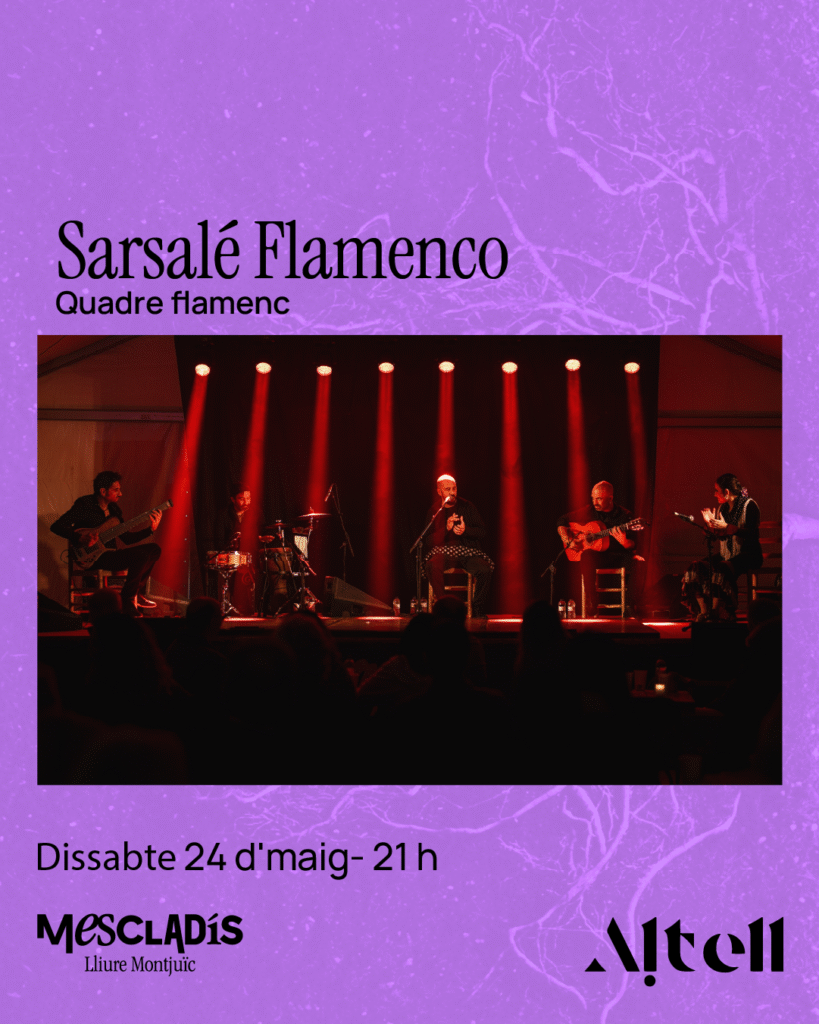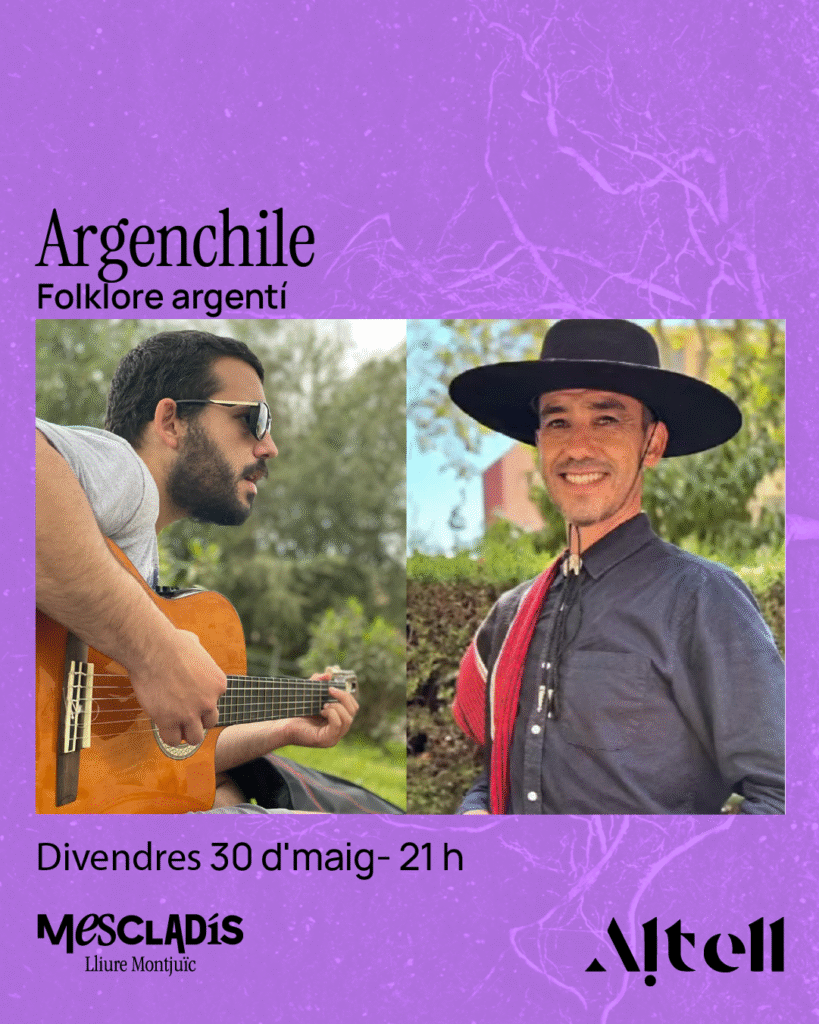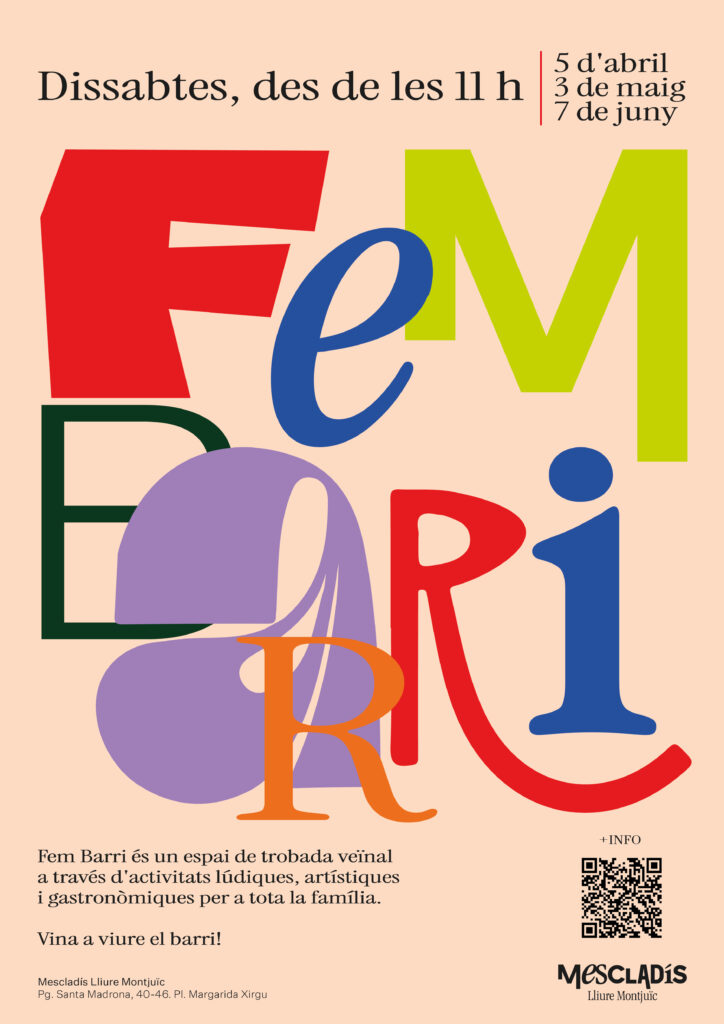Why a decolonial approach?
Migrate fills us with questions: Where are we? Where do we come from? Who are we? For Daniela Brito, these concerns led her to question the dominant narratives in literature: "Having studied literature in Latin America in a formal way, most of the readings I did were always by white European men". Faced with this, a need arises: to read from another place, to recover voices that have been historically marginalized and to share that experience in community.
Memory, identity and resistance in literature
The workshop proposes a diverse reading, exploring different genres and forms of narration. " One way to mediate reading and break down the myths that usually surround it is precisely to 'read everything'," says the workshop leader. However, there is a meeting point that unites all the chosen works: the experience of being Latin American from a non-hegemonic point of view. " Being Latin American, a woman or a dissident inevitably leads us to address common themes, such as identity, the body and the body as a place of resistance".
Reading and dialogue to rewrite history
While reading is usually an intimate experience, this workshop transforms it into a collective act. "Socializing our reading and rereading in community subverts this individual exercise. It connects us with the oral culture and with the narratives that used to be told in community," explains Daniela. In this space, the exchange helps us to construct new meanings and challenge imposed stories.
More than reading, it is conversing with history and the present
Gabriela Mistral said, "Reading is conversing with the absent, it is dialoguing with the wise men of other times," but Daniela adds a fundamental question, "What if we also converse with the present and learn from their wisdom?"
